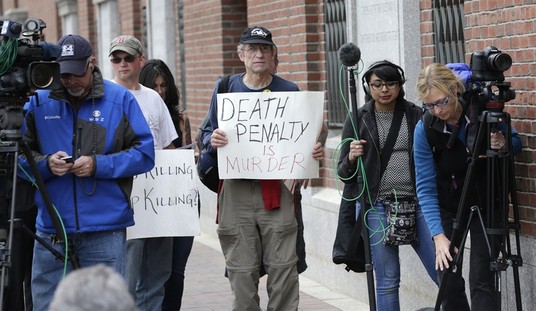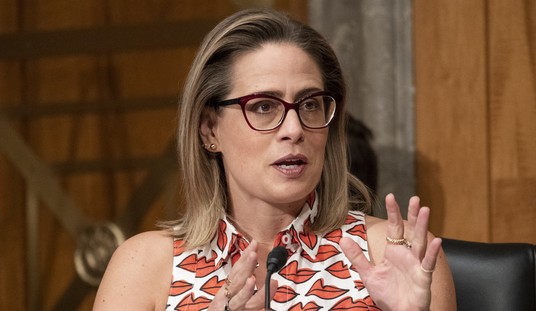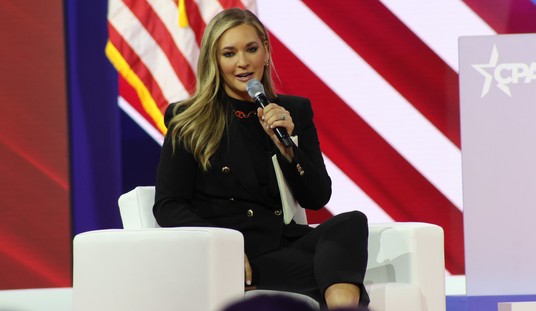On April 24, I reported that Ray Allen — Eric Cantor’s campaign chief and the founding partner of political direct-mail firm Creative Direct, LLC — had received $1.13 million in compensation from the Republican Party of Virginia (RPV) for the year 2013. The party had issued that amount to Creative Direct; the amount represented the single largest expenditure for the party that year. Allen’s company was given the contract to handle direct mailings for the party.
At issue is the appearance of a “fixed” primary environment for Eric Cantor’s opponent, Dave Brat. Yet further examination of the RPV’s finances reveals that the situation with Eric Cantor’s long-time campaign chief is much more lucrative than previously reported, and began far earlier than 2013.
Dave Brat is not the first Cantor challenger to face a party and an incumbent with the appearance of alignment against his campaign’s fortunes. Every Cantor opponent has faced that situation.
Cantor was first elected to the House of Representatives in 2001. Dating back to 2001, firms owned by Allen — or Allen himself — have received a whopping total of $12.3 million in payment from the Republican Party of Virginia. The chart below breaks down the payments according to whether they were issued by the state RPV Committee or the Federal RPV Committee:
| Year | State | Federal |
| 2014 | $26,144 | |
| 2013 | $1,130,790 | |
| 2012 | $41,723 | $1,498,181 |
| 2011 | $2,196,142 | $23,158 |
| 2010 | $83,112 | $313,960 |
| 2009 | $2,246,965 | |
| 2008 | $200 | |
| 2007 | $952,023 | |
| 2006 | $21,627 | $369,219 |
| 2005 | $1,204,648 | |
| 2004 | $22,292 | $325,392 |
| 2003 | $243,184 | $134,366 |
| 2002 | $61,918 | |
| 2001 | $1,390,782 | |
| Sub Totals | $9,621,550 | $2,664,276.00 |
| Total | $12,285,826.00 |
The most troubling aspect of the payments relates to Allen’s behavior this year regarding “slating,” the procedural maneuver of disenfranchising most delegates at a district convention in favor of a handpicked slate of delegates to vote in contests for district chairman. Thousands of Virginia Republicans were disenfranchised by Allen’s efforts — and Allen’s only goal was to install Cantor-friendly chairmen around the state. Donors to the Virginia Republican Party do not simply have an appearance of conflict to worry about, they have a primary season’s worth of Allen’s party-splintering behavior to consider along with the information that Allen was paid $12.3 million of their donor contributions.
Considering the party has made Allen wealthy via donor contributions, his recent encounter with the RPV seems all the more distasteful. On May 15, I reported the following:
Sources tell PJ Media that House Majority Leader Eric Cantor’s long-time top consultant, Ray Allen, has “angrily” stated to multiple individuals that he intends to bankrupt the Republican Party of Virginia (RPV), to install his own people throughout all levels of RPV’s State Central Committee, and to rebuild the RPV with money from Eric Cantor’s donors.
Ray Allen is considered the “brain trust” of Eric Cantor’s Young Guns, which has spent hundreds of thousands of dollars and has hired staff with the intention of retaking control of the RPV at all levels. (Eric Cantor and Ray Allen lost control of the RPV in 2012, when Tea Party/conservative candidates won seats at all levels of the party, taking majority control from Cantor allies.) In this effort to reclaim the majority, Ray Allen has helped orchestrate the parliamentary procedure of “slating” at several RPV conventions this season.
Further, Allen’s Creative Direct is responsible for the deceptive mailers sent to Seventh District voters over the last two weeks. The mailers position Cantor to the right of Dave Brat on amnesty, and refer to Brat as a “liberal college professor.” Politifact, rarely an ally of conservative candidates such as Brat, gave them a rating of “mostly false” and “false.”
Interestingly, the RPV itself appears to have expressed concern regarding conflicts of interest with the Cantor team recently — just not in the case of Ray Allen, a conflict that has been allowed to continue for over a decade.
Shaun Kenney, the recently installed Executive Director of the RPV, was revealed to have been on the payroll of Cantor’s campaign both before and after his appointment. Kenney’s political consulting firm, K6 Consulting, was listed on Cantor’s FEC filings. Since that disclosure, Kenney has been entirely absent from his political website Bearing Drift, where he had promoted Cantor in recent months.
Allen’s payments represent a far larger conflict of interest to the RPV than Kenney’s. The payments to K6 were significantly smaller, and Kenney’s visible work for Cantor appears to have been limited to blog posts.
If the party is concerned about conflicts, why was the comparably insignificant conflict halted immediately, yet the $12.3 million relationship with Allen and his firms allowed to continue for 14 years?










Join the conversation as a VIP Member